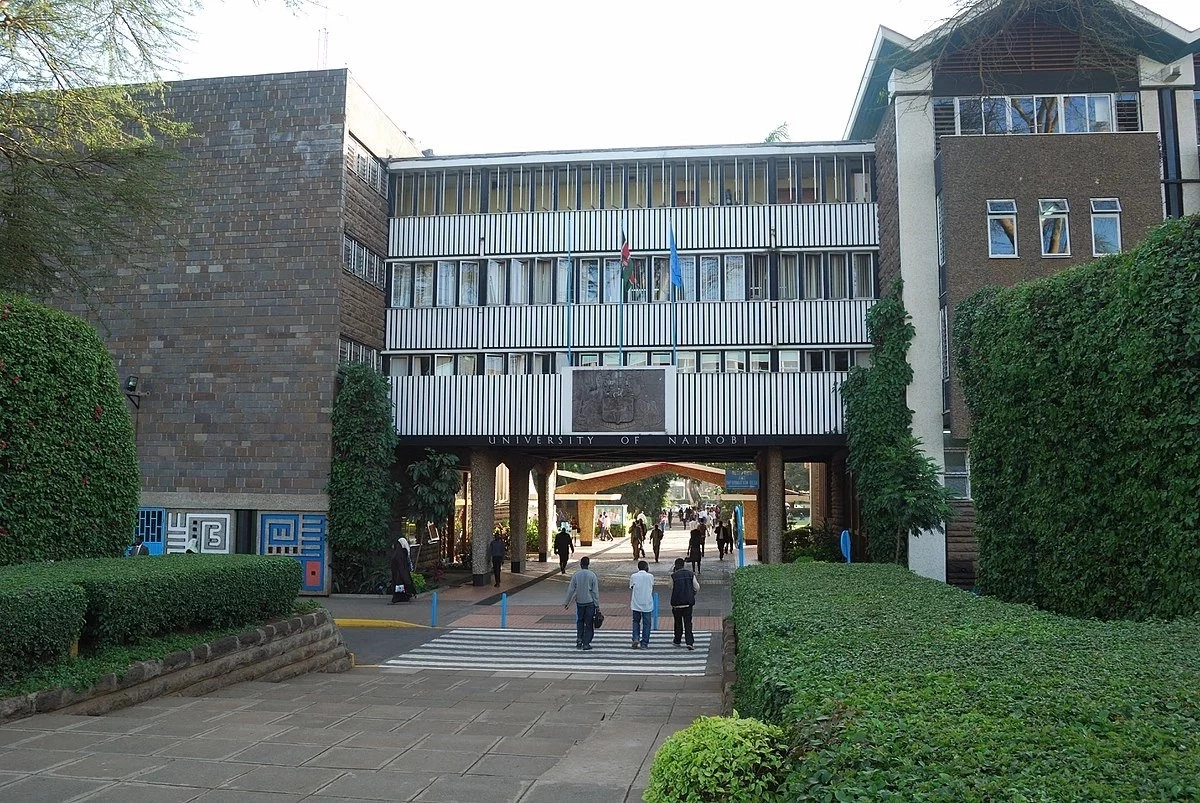Felix Koskei Warns of Impending Financial Collapse for 23 Public Universities

The financial instability of public universities in Kenya poses a significant risk to the future of higher education in the country.
Felix Koskei has revealed a troubling reality that many have suspected but few have openly acknowledged: 23 public universities in Kenya are effectively insolvent. This dire situation raises significant concerns regarding the future of higher education, the misappropriation of public funds, and the deterioration of institutional integrity.
Koskei highlighted that these universities, originally intended to be hubs of innovation and academic excellence, have instead become burdened by dysfunction, financial mismanagement, and corruption. He cited instances of inflated payrolls and unsustainable debts, warning that if these issues persist, Kenya may jeopardize critical components of its intellectual and economic growth.
Ongoing forensic audits aim to expose the extent of financial mismanagement, and Koskei stressed the urgent need for revenue diversification, professional oversight of income-generating activities, and timely financial reporting.
The crisis is tangible, with institutions like the Technical University of Kenya, Moi University, and the University of Nairobi grappling with severe governance challenges and financial instability, particularly as TUK has been officially declared insolvent. Koskei asserted that public universities must not function as personal fiefdoms, advocating for leadership succession based on merit and strategic vision rather than tribal affiliations or clandestine agreements, warning that neglecting these reforms will exacerbate the existing crisis.

Universities Ordered to Reform or Collapse
Koskei’s message to vice chancellors and university councils was clear: fix the institutions or face accountability.
He directed them to reclaim governance in full and re-establish the line between administrative leadership and council oversight. The confusion over who holds authority has led to duplication of roles, inaction, and institutional decay.
Performance contracts, long ignored or only followed on paper, must now be fully enforced. Vice chancellors will be held responsible for meeting clear targets. University councils must step away from political favoritism and begin practicing professional stewardship.
Leadership succession is one of the biggest pitfalls. Koskei cited past cases where politically motivated appointments eroded strong institutions. Some former academic giants have fallen purely due to internal sabotage driven by ethnic alliances and short-term thinking.
“Leadership planning is not a luxury—it is a strategic obligation,” he wrote, urging the government to root out favoritism and replace it with systems based on competence and national interest.
He added that civil servants must prepare for a system that no longer tolerates impunity. The culture of corruption, wastage, and disobedience to government policy has no place in Kenya’s public service, including universities.
Technical Institutions Also Under Scrutiny
Koskei’s warning didn’t stop at universities. He turned attention to basic and technical training institutions, calling them the “foundation” of the entire education sector.
He urged a total overhaul of outdated curricula and a shift towards competency-based education that reflects the needs of Kenya’s industries. He stressed the importance of integrating practical skills, building industry partnerships, and ensuring students graduate with employable competencies.
Koskei also called for gender inclusion in technical disciplines, better support for students with disabilities, and tailoring training programs to regional needs. Without such reforms, he warned, Kenya will continue to churn out graduates who are unprepared for real-world demands.
The government’s broader concern is not just education for education’s sake, but education that leads to productivity, innovation, and growth.





